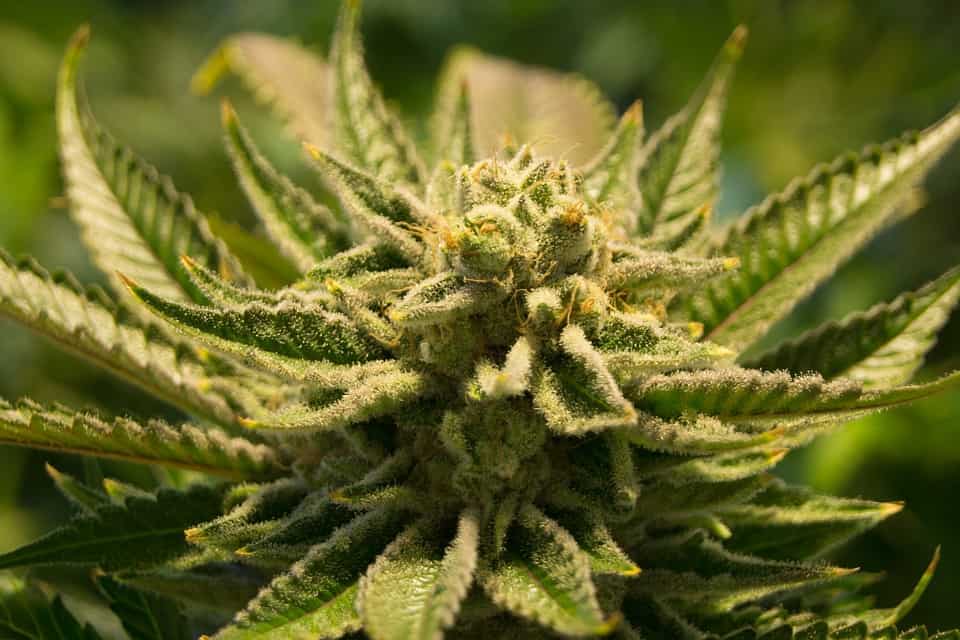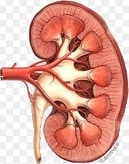
Synthetic, non-intoxicating CBD analogue treats seizures in rats
pharmafile | May 31, 2019 | News story | Medical Communications | CBD, H2CBD, cannabidiol, medicinal cannabis, pharma
A synthetic, non-intoxicating cannabidiol (CBD)-analogue is effective at treating seizures in rats, according to researchers at the University of California, Davis.
The molecule, 8,9-Dihydrocannabidiol (H2CBD) is a synthetic molecule which is structurally similar to the CBD. Mascal’s lab developed H2CBD from commercially available chemicals.
The UC Davis researchers tested H2CBD against CBD, in rats with induced seizures. Both drugs were found to be equally effective in treating seizures in rats.
“It’s a much safer drug than CBD, with no abuse potential and doesn’t require the cultivation of hemp,” said Mark Mascal, professor in the UC Davis Department of Chemistry.
Mascal is now working with colleagues to carry out further clinical trials. The teams findings were published in the journal Scientific Reports.
Louis Goss
Related Content

FDA approves IMIDEX’s AI-powered device VisiRad XR
The technological pharmaceutical company IMIDEX has been granted clearance from the US Food and Drug …

Artiva Biotherapeutics announces FDA clearance of IND for AlloNK and Rituximab combo
On 16 August 2023, the US Food and Drug Administration (FDA) officially cleared Artiva Biotherapeutics’ …

Novartis acquires Chinook Therapeutics for $3.5bn
Swiss pharmaceutical company Novartis has entered into an agreement and plan of merger with US-based …








